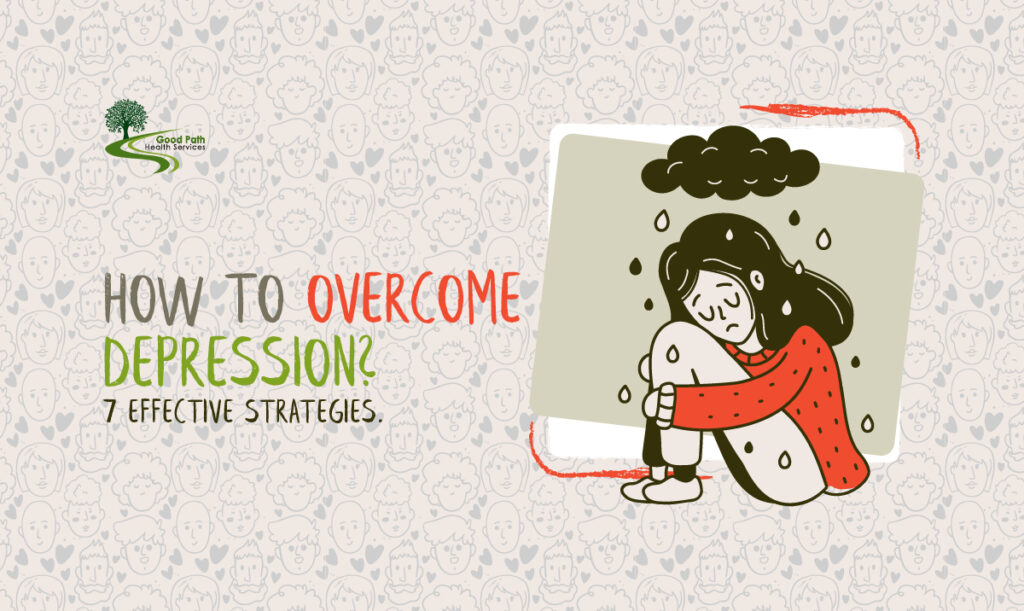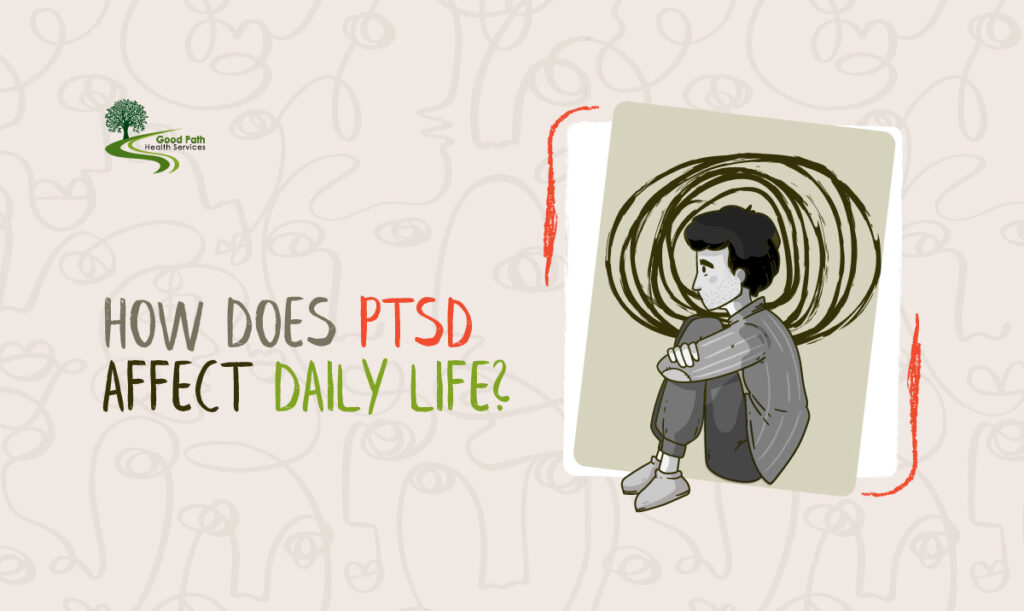
Mental health and therapy offer a variety of methods for managing and overcoming everyday stresses and barriers.
A form of talk therapy (psychotherapy) — Dialectical Behavior Therapy (DBT), is an effective treatment for people who grapple with BPD, mood disorders, self-destructive behaviors, and suicidal thoughts.
What exactly is DBT, and how is it different from other types of therapy?
Dr. Marsha M. Linehan developed DBT — which integrates cognitive-behavioral techniques with concepts from Eastern mindfulness practices.
Let’s talk about the six main points of DBT and how this therapy can bring balance and emotional healing.
What Are the Six Main Points of Dialectical Behavioral Therapy?
1. Core mindfulness.
Mindfulness is essential to DBT because it encourages people to live fully in the present moment.
It makes one consciously focus on what they’re feeling at the moment without judging themselves in any way at all.
Mindfulness brings a sense of acceptance and eases distress by developing a conscious awareness of thoughts, feelings, and sensations.
It helps you take a breather when you’re feeling overwhelmed with emotions.
Mindfulness practices guide you to slow down, focus, and use healthy ways to cope. By doing this, you stay calm and steer clear of falling into negative thinking.
People can make more conscious decisions as opposed to reacting impulsively.
Healthy behaviors and emotional responses result from it.
2. Tolerance to stress.
Life inherently involves some level of distress.
Instead of running away from discomfort, DBT teaches distress tolerance — the discipline to tolerate and cope with distressing emotions until they pass.
These strategies can be:
- Distraction.
- Self-soothing.
- Radical acceptance.
- Iimproving the moment.
These can help people cope with stressful situations without resorting to any self-destructive behaviors.
3. Emotion regulation.
Many people struggle with recognizing, understanding, and healthily regulating their emotions.
Research on emotional self-regulation demonstrates that people who regulate their emotions experience better mental well-being.
DBT provides emotion regulation methods that help people identify and categorize emotions, avoid unwanted emotions, and create positive emotional experiences.
This emotional understanding and management strengthens mood stability and reduces impulses.
4. Interpersonal effectiveness.
Our relationships and interactions can really influence our mental health.
DBT also focuses on interpersonal effectiveness.
It involves learning to communicate confidently, maintain self-respect, and resolve disagreements and conflicts with others.
These skills can help build healthier relationships and improve self-esteem, communication, and how one functions in society.
5. Core beliefs.
Everyone has core beliefs about themselves, others, and the world in general.
Our core beliefs are usually formed during childhood, which can influence our thoughts, feelings, and behaviors.
There are times when these beliefs can be negative, causing emotional distress and destructive behavior.
In DBT, people dig deeper into these beliefs, especially the ones that are harmful or dysfunctional.
DBT teaches people how to question and change these beliefs,
This can help one build a positive self-image and experience less negative emotions.
6. Dialectics.
Finally, dialectics is a central concept in DBT, which refers to balancing opposites and finding a middle way.
The concept of dialectics is where DBT gets its name from.
DBT teaches people to grasp this concept — it’s about learning to accept their present situation while trying to change harmful behaviors and working towards growth.
A balance like this helps people avoid extremes and develop a flexible and adaptive mindset.
What Is DBT Used For?
The history of dialectical behavior therapy shows that it was originally developed to treat borderline personality disorder (BPD), but it can treat other conditions beyond BPD:
- Borderline personality disorder.
- Attention-deficit/hyperactivity disorder.
- Post-traumatic stress disorder.
- Obsessive compulsive disorder.
- Anxiety disorders.
- Bipolar disorder.
- Major depressive disorder.
- Eating disorders (like anorexia nervosa, bulimia nervosa, and binge eating disorder).
- Emotional dysregulation.
- Self-harm and suicidal thoughts.
- Substance use disorder.
What Are Some DBT Grounding Techniques?
In DBT, various grounding techniques help people cope with distress.
1. Focusing on the five senses.
Focus on each of your five senses (sight, hearing, touch, taste, and smell) to bring your awareness to the present moment.
2. Mindful breathing.
Practice deep, mindful breathing to help you center yourself. Focus on your breathing as you inhale and exhale.
3. Grounding objects.
Carry a small object with you that has a comforting or grounding feel to it.
When you’re feeling distressed, hold the object and concentrate on its texture or weight.
4. Body scan meditation.
Mentally scan your body from head to toes, taking note of any tension or sensations.
By doing this, you will be able to be aware of all the sensations and connect with your body.
5. Visualizing a safe place.
Close your eyes and imagine a safe, comforting place. Take time to visualize the details and immerse yourself in them.
Recap
Dialectical Behavior Therapy is a structured therapeutic approach that focuses on six main points:
- Core mindfulness.
- Distress tolerance.
- Emotional regulation.
- Interpersonal effectiveness.
- Core beliefs.
- Dialectics.
DBT incorporates these elements to help people to understand and manage their emotions, cope with stress, strengthen relationships, and adopt healthier beliefs.
DBT also has a number of grounding techniques that can help you feel centered and calm.
If you’re looking to find a licensed therapist with training in DBT, reach out and make an appointment with us Good Path Health Services.
We can evaluate your symptoms and goals to see if you can benefit from DBT.
FAQs
Which does dialectical behavior therapy not emphasize?
DBT doesn’t emphasize dwelling on the past or exploring emotional root causes.
Rather, it emphasizes developing practical skills for the present and the future, while encouraging acceptance and growth.
What is the dialectical behavior therapy skills workbook?
The dialectical behavior therapy skills workbook is intended to accompany DBT.
It provides practical exercises, worksheets, and guidance to help people get started with DBT and put it into practice.
Dialectical behavior therapy for anxiety: does it work?
Yes. DBT helps in anxiety management with techniques like mindfulness and emotion regulation.
How do I find DBT groups near me?
You can find DBT groups near you by searching online or contacting local mental health services.
DBT groups are often listed in therapist directories, community mental health centers, or on the websites of mental health organizations.
What are some popular dialectical behavior therapy books?
Some popular books on DBT are:
- The Dialectical Behavior Therapy Skills Workbook by Matthew McKayDBT® Skills Training Handouts and Worksheets by Marsha M. Linehan
- DBT Made Simple by Sheri Van Dijk
These books provide insights and practical exercises.
What are the pros and cons of DBT therapy?
Pros of DBT
- It is effective for many mental health issues.
- Builds practical coping skills.
- Provides a supportive group therapy environment.
Cons of DBT
- It can be a time-consuming process.
- There could be a delay in seeing results.
- There might be limited access to trained DBT therapists.



